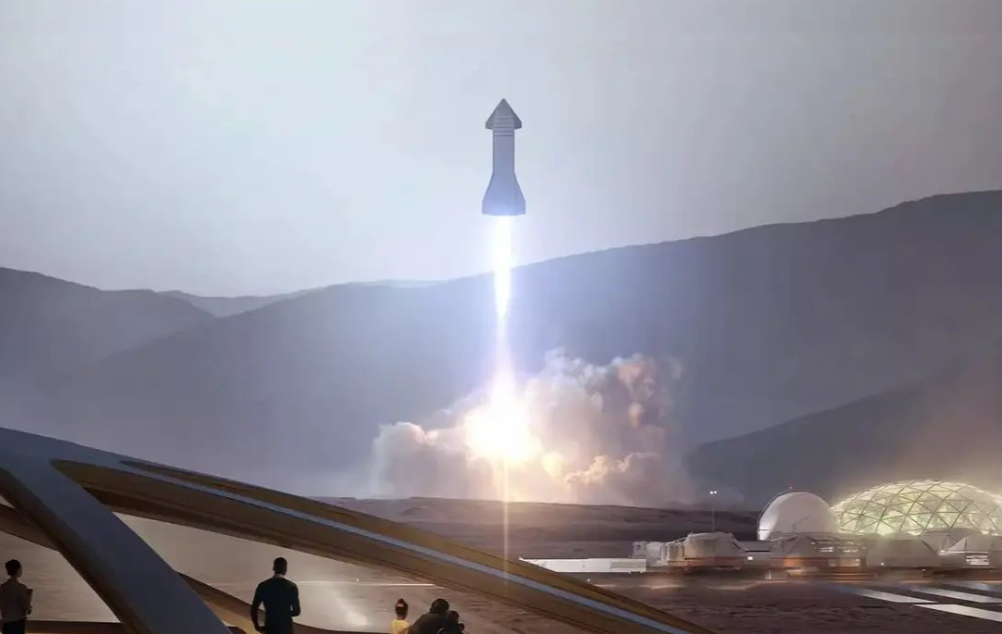Israel vs Iran: Israel Launches Fresh Strikes: Tensions in the Middle East have exploded as Israel launches a sweeping aerial campaign against Iran, targeting its nuclear and military facilities. With over 70 fighter jets striking deep into Iranian territory, the conflict has drawn global attention. Former German ambassador Dr. Wulka Stanzel offers a critical perspective on the power struggles behind the escalation, questioning the legality of Israel’s actions and highlighting the geopolitical stakes involving Russia, China, and the United States. This article breaks down the motives, implications, and what could come next in this volatile confrontation.
Israel vs Iran: Israel Launches Fresh Strikes
The conflict between Israel and Iran has reached a critical flashpoint, as Israel has launched multiple airstrikes on Iranian military and nuclear facilities following Tehran’s retaliation with waves of drones and missiles. The ongoing confrontation underscores the complex power dynamics of the Middle East and raises urgent questions about international law, nuclear diplomacy, and geopolitical alliances.
Dr. Volkar Stanzel, a former German ambassador to China and recently shared his insights into the evolving situation. He emphasized that while Iran’s increasing nuclear capability is a significant factor, the broader regional power struggle is deeply embedded in the crisis.
According to Dr. Stanzel, Iran has strategically aligned itself with regional actors hostile to Israel—such as Hezbollah, Hamas, the Houthis, and the Syrian government. These alliances have long given Israel a sense of encirclement and imminent threat. However, the more substantial concern lies in Iran’s nuclear advancements. The International Atomic Energy Agency (IAEA) previously reported Iran’s uranium enrichment at 60 percent, which far exceeds what is needed for a civilian nuclear program. While Iran insists its nuclear pursuits are peaceful, this enrichment level has led to global skepticism.
Dr. Stanzel explained that under international law, a state can only justify a preemptive strike if there is an imminent threat. He argues that despite the high enrichment levels, the imminence of the threat remains ambiguous. Thus, Israel’s latest military actions may lack justification under international legal standards.
Just as the interview progressed, breaking news confirmed that Israel was actively striking multiple sites across Iran, deploying 70 fighter jets and claiming newfound aerial superiority over territories from western Iran to Tehran. These strikes are said to be part of a campaign targeting Iran’s military and nuclear infrastructure in response to Iran’s missile and drone barrage.
Israel’s Prime Minister Benjamin Netanyahu has described Iran as the “head of an octopus,” orchestrating regional instability through its network of militant proxies. This framing suggests that beyond neutralizing Iran’s nuclear ambitions, Israel is attempting to diminish Iran’s regional influence altogether.
Dr. Stanzel acknowledged that Iran’s regional allies have been significantly weakened since the October 7 conflict last year. However, he questioned the timing and justification for Israel’s current escalation. He speculated that domestic political motives—such as deflecting attention from Netanyahu’s ongoing corruption trials—could have played a role.
On a strategic level, the conflict risks deepening because Iran has aligned itself with major global powers such as China and Russia. These alliances may embolden Tehran while complicating diplomatic resolutions. As Dr. Stanzel noted, Iran could retaliate in asymmetric ways or through proxy channels, shifting the battleground beyond traditional borders.
When asked about the possibility of Iran returning to the negotiating table for the sixth round of nuclear talks, Dr. Stanzel was cautiously optimistic. Despite Iran’s military vulnerabilities, renewed talks could be incentivized by U.S. diplomatic pressure on Israel and mediation from Iran’s international allies. He highlighted Russia and China as key influencers, but also pointed to countries like India and Saudi Arabia, which, while not formal allies, maintain strong diplomatic ties with Tehran.
Ultimately, Dr. Stanzel stressed that meaningful diplomacy will require coordinated efforts from all global stakeholders. With the threat of further escalation looming large, the world now watches closely to see whether diplomacy can regain footing or if the Middle East is heading toward a broader and more destructive confrontation.
Disclaimer:
This article is intended for informational purposes only. The content is based on expert commentary and news updates available at the time of publication. Geopolitical developments are subject to rapid change. Readers are advised to follow official sources and international news agencies for the latest updates. The views expressed by individuals in this article are their own and do not represent the editorial stance of this blog.

